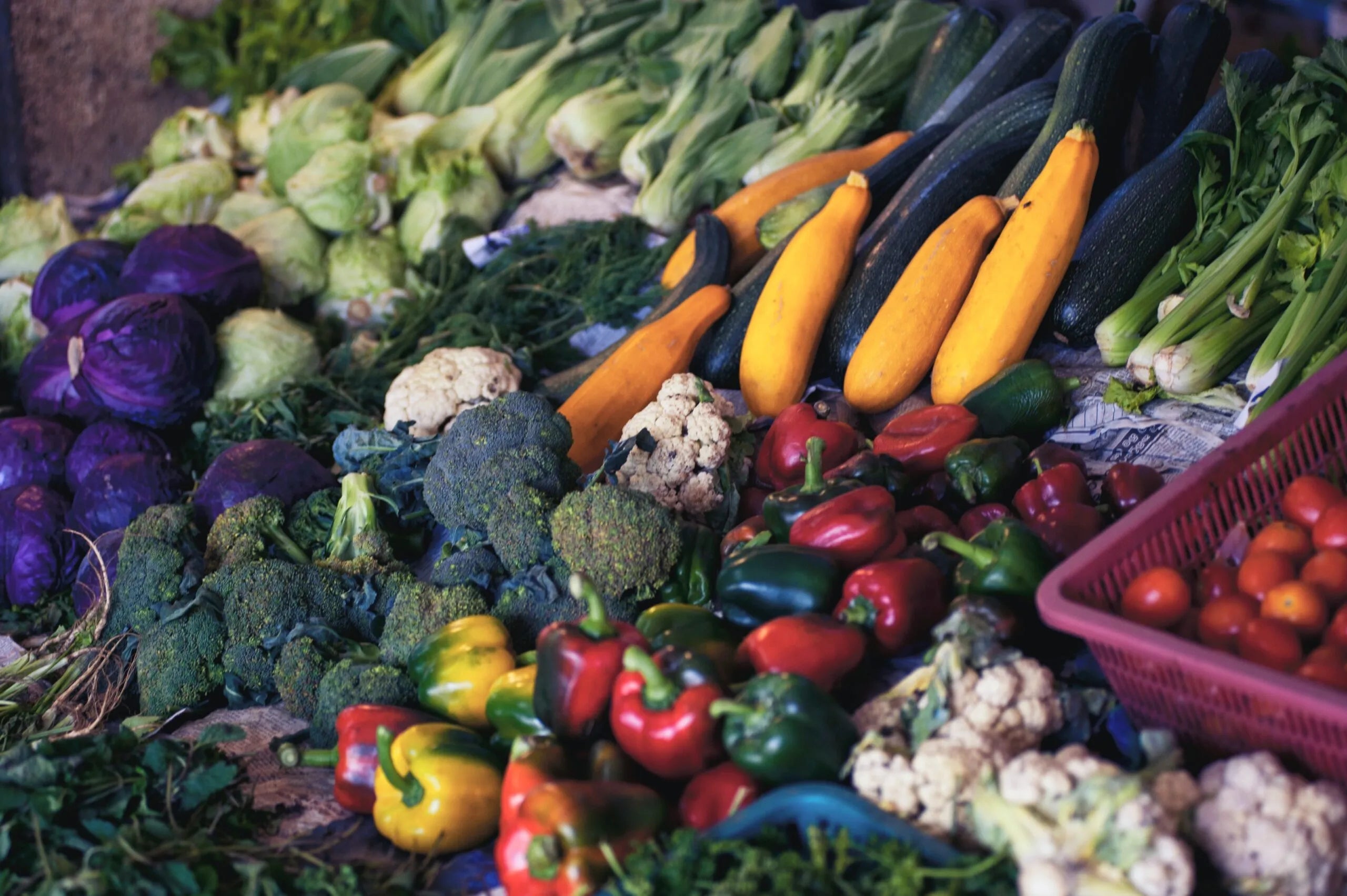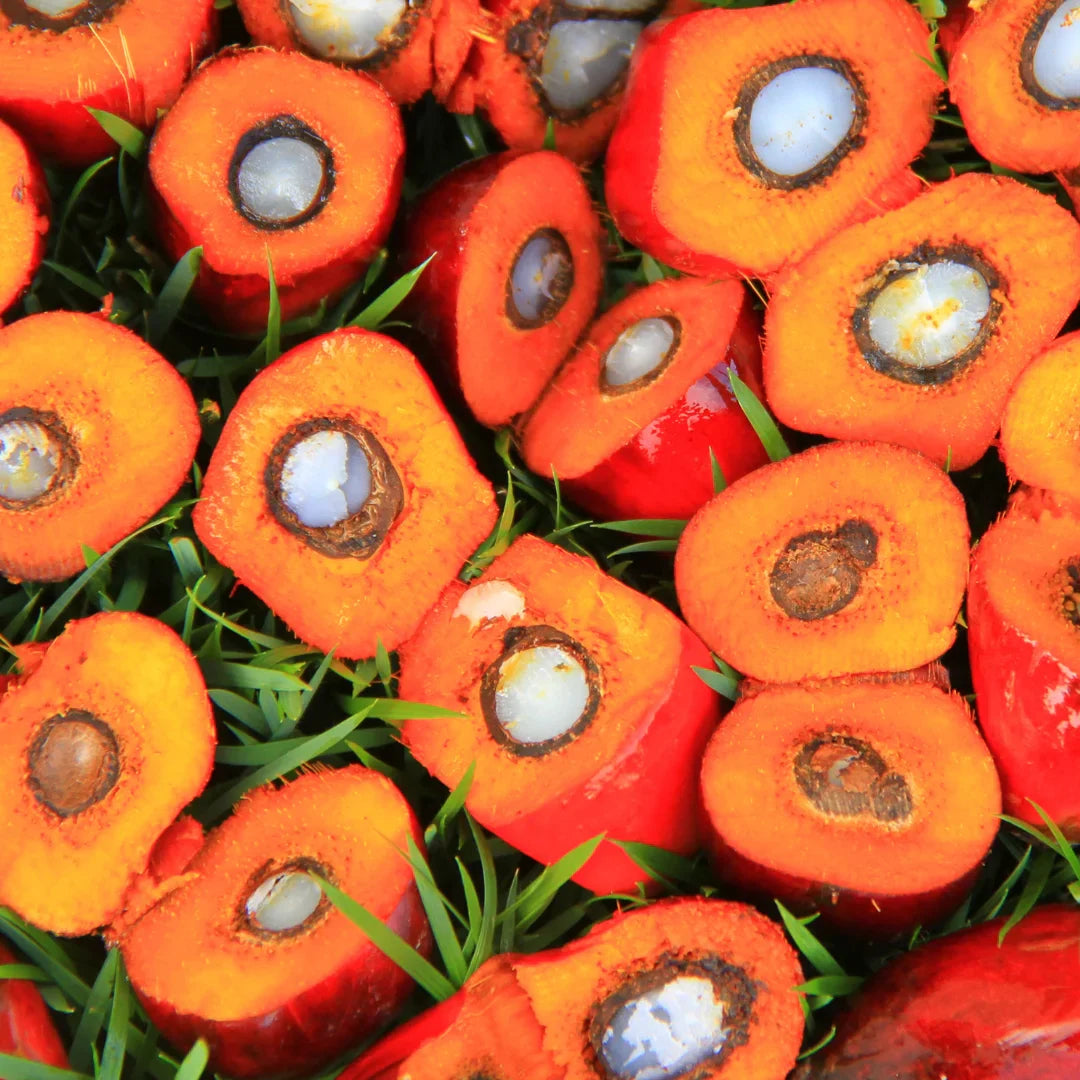The title of this article is somewhat misleading because almost all nutrients are essential.
This means that we are unable to make them ourselves, they are essential for life, but we can only consume them through our diet.
The modern-day ‘healthy diet’ we see paraded over our social media and printed across our magazines can in fact be limited in several nutrients that are essential for our wellbeing. Of course, no 1 diet is ‘perfect’ all of the time. Additionally, nobody eats the same food with the exact same nutrient content and food volumes every day.
That being said, healthcare experts, Nutritionists and Dieticians agree that the following 3 nutrients are more often than not lacking or deficient in typical diets – Vitamin B12, Vitamin D and Fibre.
Vitamin B12
Vitamin B12 is one of the most common deficiencies in UK diets. Also known as, cobalamin, it’s only found in animal food sources putting plant-based eaters at risk of deficiency. In addition to vegans and vegetarians other ‘at risk’ groups for this nutrient include people over the age of 60 years, people on metformin and women of child-bearing age. The reason why it’s depleted in many groups is due to lack of food sources within the diet, food poverty, and nutrient depletion in the food chain. Years ago, the health message was to simply eat more animal products. However, over the years even this has depleted. Despite this, animal products are still the best food source of Vitamin B12, these include foods such as meat, fish, dairy products and eggs. Access to Vitamin B12 isn’t possible for all people for religious, ethical and moral reasons which means supplementation is the only answer.
Supplementation with Vitamin B12 is easy. The Department of Health and Social Care recommend taking no more than 2mg of Vitamin B12 per day. In truth, the daily recommendation for Vitamin B12 is much less, just 2.5mcg/day.
Vitamin B12 is responsible for a number of actions within the body including; energy metabolism, immune system function, psychological function and red blood cell formation. Common symptoms of deficiency include fatigue, mouth ulcers, poor vision, mood changes, a weak immune system, recurrent pins and needles, and poor memory. Overall, Vitamin B12 is a wonder vitamin, it can reduce feelings of tiredness and fatigue and fill your life with vigour.
Vitamin D
We’ve all heard about it; we all need it; it’s Vitamin D. Vitamin D is one of the most talked about nutrients particularly throughout the winter months. For humans, the most potent source of Vitamin D is from the sun. The sun's rays transform an inactive form of vitamin D in human skin into active Vitamin D. However, if you’re a fellow UK-dweller you may know that this mechanism isn’t possible between September and March due to poor and weak sun exposure. This creates a reliance on Vitamin D supplements, Public Health England suggests that all of the UK population require a Vitamin D supplement during this time.
At-risk groups include people who are unable to go outside, people with darker skin complexion, women of childbearing age, and plant-based eaters. That being said, healthcare professionals are finding that more and more people outside of these at-risk groups suffer from Vitamin D deficiency due to poor consumption of food sources. Vitamin-D-rich food sources include oily fish, mushrooms, fortified dairy, egg yolks and liver.
You may already know that vitamin D is needed for bone health in a synergistic partnership with calcium. Also, Vitamin D is required for normal muscle function, tooth structure, cell division and a healthy immune system. In contrast to this, a Vitamin D deficiency results in a weakened immune system, fatigue, muscle weakness, bone pains, and mood changes.
Fibre
Do you remember ‘You must eat your crusts they have more fibre’? - Not strictly true, but bread certainly is a great source of fibre. Despite the daily recommendation being 30 grams, the UK population is drastically lacking in fibre, consuming just 18 grams a day on average. Fibre helps to regulate digestive transit and well-being, as well as manage blood pressure and blood glucose. Some fibres even help to stimulate healthy gut bacteria growth. So, you can imagine how important this is.
Increasing fibre can be simple and delicious, here are a few simple tips for increasing fibre in your diet:
- Always aim for 5+ fruit and vegetables per day. These can be fresh, frozen, dried or canned.
- Introduce Prebiotics into your diet such as inulin and chicory root
- Leave the skins on your fruit and vegetables
- Switch your white carbohydrates to wholemeal, wholegrain or brown varieties – brown rice, brown bread, wholemeal pasta etc
- Switch your sugary breakfast cereal to bran flakes and dried fruit, or porridge
- Switch your meat-based protein for a plant-based protein such as lentils, chickpeas, or other legumes.
- Instead of eating crisps for a snack why not switch to a fruit, dried fruit, or nuts combination?
It’s as easy as 1...2...3, try increasing your B12, D and Fibre.
References
https://bbarrx.com/blog/2018/7/20/b12-meat-is-not-the-answer






Share:
Could technology be ruining your health motivation?
The 7 Forms of Rest to Avoid Burn Out